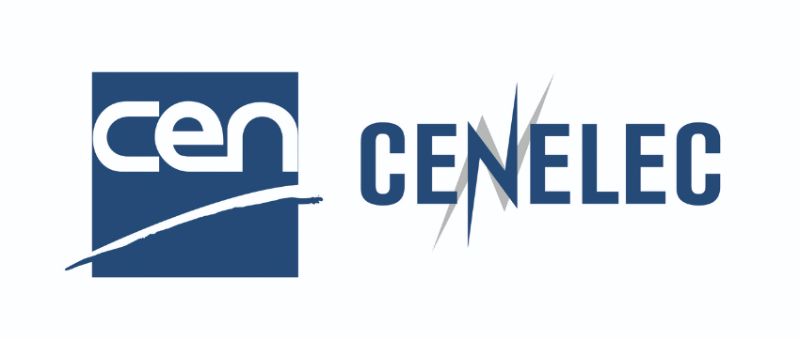Every day, all over Europe, millions of people and businesses benefit from using European Standards. Standards make our lives safer, more comfortable, and more efficient. Standards bring us benefits at home, at work, and during leisure time. They ensure the products we use are safe, reliable, and when needed, can work together for a better experience. Thanks to standards, the devices we use are cybersecure, the lifts we take are safe, our household appliances are energy efficient, and we enjoy many other benefits that we may take for granted.
But what exactly are standards? Put simply, a standard is a technical document designed to be used as a rule, a guideline, or a definition. Standards are created by bringing together all interested parties such as manufacturers, consumers and regulators of a particular product, process, or service. A European Standard (EN) is implemented by the members of CEN and CENELEC, the National Standardisation Bodies and National Committees in 34 countries.
CEN and CENELEC's Members work together to develop European Standards in many sectors to help build the European Single Market, removing barriers to trade and strengthening Europe's position in the global economy. The development of a European Standard (EN) is governed by the principles of consensus, openness, transparency, national commitment, and technical coherence. More than 200,000 experts from industry, public administrations, academia, and societal organisations are involved in the CEN and CENELEC network.
For the past 30 years, the Single Market has established itself as one of the European Union’s greatest achievements. With the aid of European Standards, the Single Market facilitates trade, reduces red tape, and ensures the same levels of safety and quality across Europe.
And yet, the Single Market is not yet complete. To ensure long-term competitiveness, in the next five years, Europe needs to recommit to a robust and competitive Single Market that is resilient against today and tomorrow’s challenges.
With the aid of European Standards, the Single Market facilitates trade, reduces red tape, and ensures the same levels of safety and quality across Europe
This is where standards can help: by ensuring clarity and consistency, they are an unparalleled tool to provide confidence for businesses and consumers when buying or selling across different Members States. This makes them a vital tool to pursue policy priorities and ensure Europe’s competitiveness.
Indeed, under the New Legislative Framework (NLF), CEN and CENELEC have worked extensively in cooperation with the European Commission and all European stakeholders to produce standards in support of European policy objectives. The continued use of the NLF to establish clear and essential requirements in legislation, supported by voluntary technical standards, helps European businesses meet legal requirements and support the needs of all stakeholders.
For this reason, our unique standardisation system based on consensus and inclusion should be upheld and strengthened by the European institutions in the next legislative cycle.
In this context, the European Standardisation Strategy presented by the European Commission in 2022 has given a new impulse to the value of European Standardisation and provides a clear framework for a continuous partnership with the European institutions. Policymakers should continue to see the New Legislative Framework as an asset and work closely with CEN and CENELEC to safeguard the standardisation system – and with it, a healthy and well-functioning Single Market.
In partnership with:

Sign up to The Parliament's weekly newsletter
Every Friday our editorial team goes behind the headlines to offer insight and analysis on the key stories driving the EU agenda. Subscribe for free here.